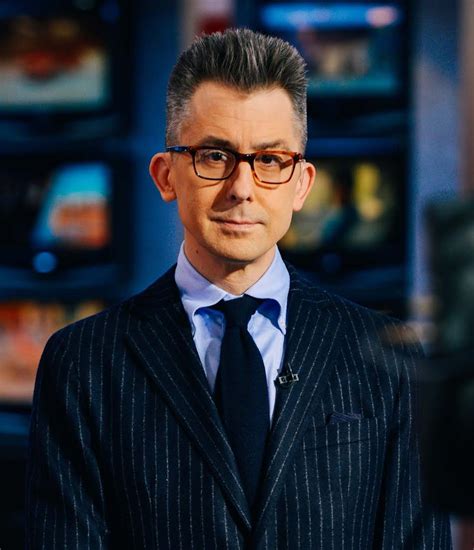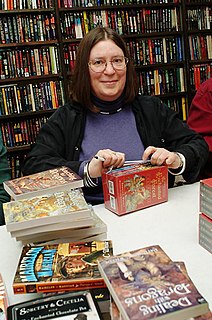A Quote by Wilhelm Steinitz
Unfortunately, many regard the critic as an enemy, instead of seeing him as a guide to the truth.
Related Quotes
It seemed to me certain, and I still think so today, that one can never wrestle enough with God if one does so out of pure regard for the truth. Christ likes us to prefer truth to him because, before being Christ, he is truth. If one turns aside from him to go toward the truth, one will not go far before falling into his arms.
Next to the defeated politician, the writer is the most vocal and inventive griper on earth. He sees hardship and unfairness wherever he looks. His agent doesn’t love him (enough). The blank sheet of paper is an enemy. The publisher is a cheapskate. The critic is a philistine. The public doesn’t understand him. His wife doesn’t understand him. The bartender doesn’t understand him.
Every writer is necessarily a critic - that is, each sentence is a skeleton accompanied by enormous activity of rejection; and each selection is governed by general principles concerning truth, force, beauty, and so on. The critic that is in every fabulist is like the iceberg - nine-tenths of him is under water.
An enemy, Ender Wiggin," whispered the old man. "I am your enemy, the first one you've ever had who was smarter than you. There is no teacher but the enemy. No one but the enemy will tell you what the enemy is going to do. No one but the enemy will ever teach you how to destroy and conquer. Only the enemy shows you where you are weak. Only the enemy tells you where he is strong. And the rules of the game are what you can do to him and what you can stop him from doing to you. I am your enemy from now on. From now on I am your teacher.
How so? Briefly, apart from the gospel and outside of Christ, the law is my enemy and condemns me. Why? Because God is my enemy and condemns me. But with the gospel and in Christ, united to him by faith, the law is no longer my enemy but my friend. Why? Because now God is no longer my enemy but my friend, and the law, his will—the law in its moral core, as reflective of his character and of concerns eternally inherent in his own person and so of what pleases him—is now my friendly guide for life in fellowship with God.
Fear is the trick of the enemy. And your enemy comes in many robes. But he has only one face. You know his face. You've seen it many times. You need not fear it. In your heart, you know you will triumph and you will defeat your enemy with the one weapon that you have inside you that he cannot touch--truth.
This is the most important lesson you must learn about magic," Miss Ochiba went on. "There are many ways of seeing. Each has an element of truth, but none is the whole truth. If you limit yourselves to one way of seeing, one truth, you will limit your power. You will also place limits on the kinds of spells you can cast, as well as their strength. To be a good magician, you must see in many ways. You must be flexible. You must be willing to learn from different sources. And you must always remember that the truths you see are incomplete.
The enemy of the black is not the white. The enemy of capitalist is not communist, the enemy of homosexual is not heterosexual, the enemy of Jew is not Arab, the enemy of youth is not the old, the enemy of hip is not redneck, the enemy of Chicano is not gringo and the enemy of women is not men. We all have the same enemy. The enemy is the tyranny of the dull mind. The enemy is every expert who practices technocratic manipulation, the enemy is every proponent of standardization and the enemy is every victim who is so dull and lazy and weak as to allow himself to be manipulated and standardized.
You must never call your enemy by a name you choose for him." “Instead you must call him by the name he calls himself. What he chooses will reflect his pride; it will reveal his desires. But what you choose to call him will reveal your fears, which should be kept to yourself, lest your enemy find the way to exploit them.



































